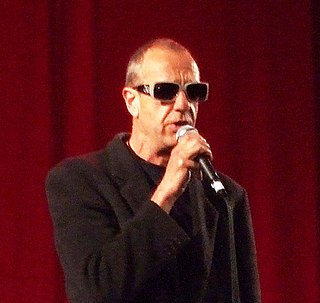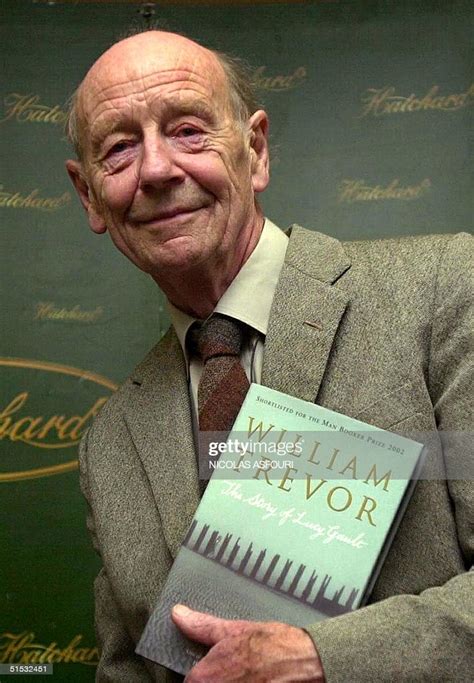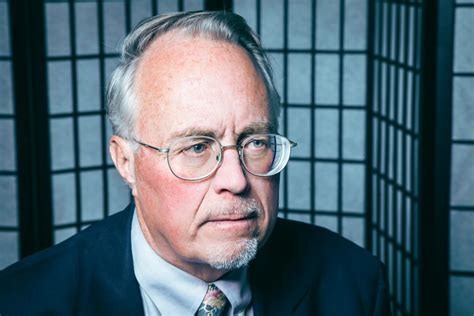A Quote by Sandra Tsing Loh
All autobiography is fiction.
Quote Topics
Related Quotes
to look back on one's life is to experience the capriciousness of memory. ... the past is not static. It can be relived only in memory, and memory is a device for forgetting as well as remembering. It, too, is not immutable. It rediscovers, reinvents, reorganizes. Like a passage of prose it can be revised and repunctuated. To that extent, every autobiography is a work of fiction and every work of fiction an autobiography.
Obviously, in marketing, the best tool is to show the autobiography in fiction. It's inevitable how that happens, but it's generic. Say I've written a story where my sister dies. 'Well, did your sister die?' No, she did not. But people use those straws to grasp at the difference between reality and fiction.




































